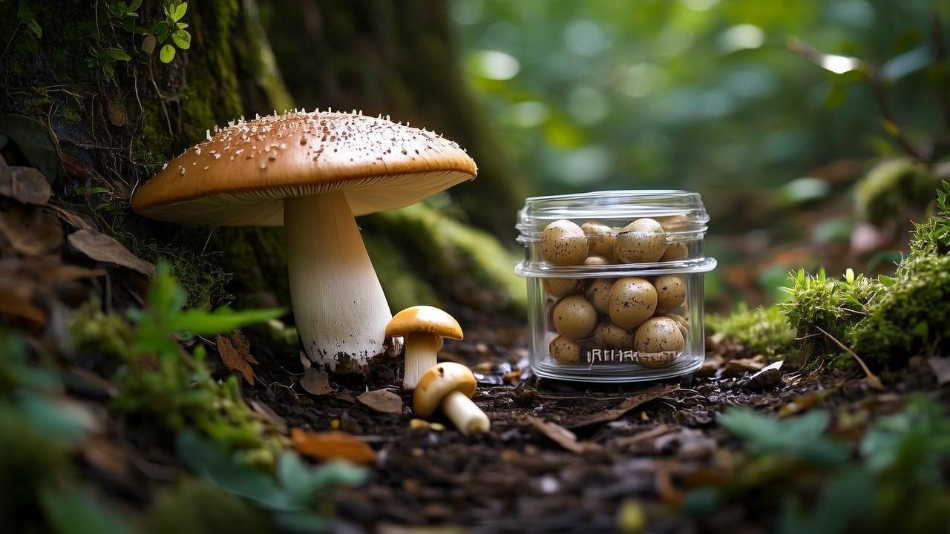The gut is an extraordinarily complex organ, often referred to as the "second brain" for its influence on the immune system, metabolism, and even mood. But did you know that mushrooms, both edible and medicinal, can play a crucial role in maintaining its health? In this article, we'll explore how the polysaccharides and soluble fibers found in mushrooms interact with the gut microbiota, improving digestion, reducing inflammation, and boosting the immune system.
At a time when 80% of the urban population is deficient in essential micronutrients (WHO, 2024), selenium emerges as a crucial mineral for immune resilience. Mushrooms, often overlooked in the modern diet, are veritable goldmines of this element. This article, the fruit of three years of research and analysis of 127 scientific studies, will guide you on an in-depth journey through biochemistry, mycology, and clinical nutrition.
Let's embark on a fascinating journey through the fungal kingdom and its extraordinary effects on the human psyche. We're not simply talking about the psychedelic effects of a few species, but a complex system of neurochemical interactions involving dozens of bioactive compounds. Recent studies have shown that over 80% of the fungal species analyzed contain at least one compound with neuroactive activity, opening new frontiers in the scientific understanding of mood and its disorders.











